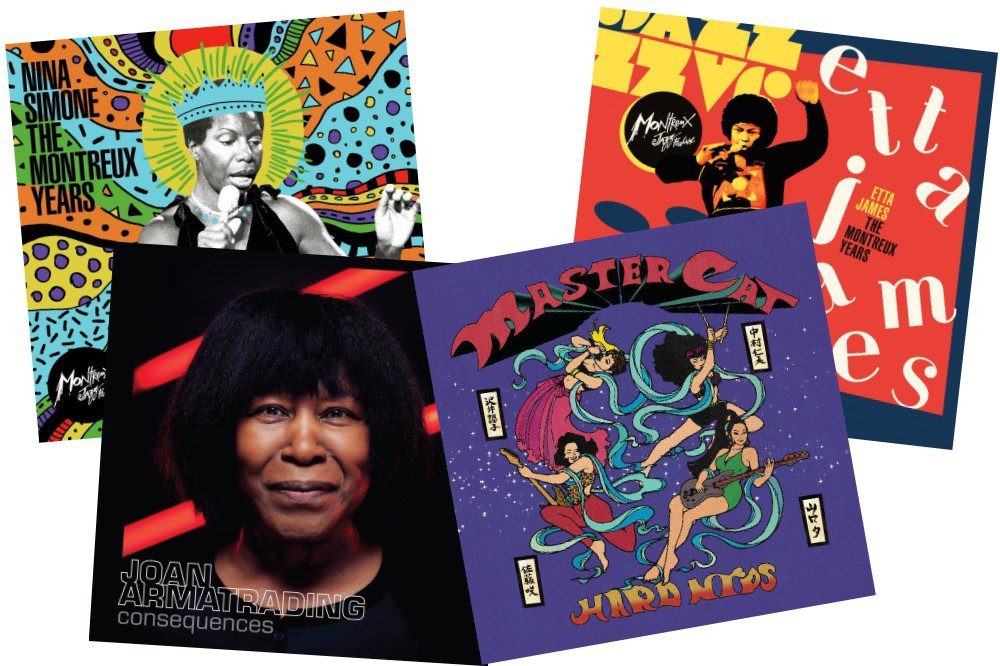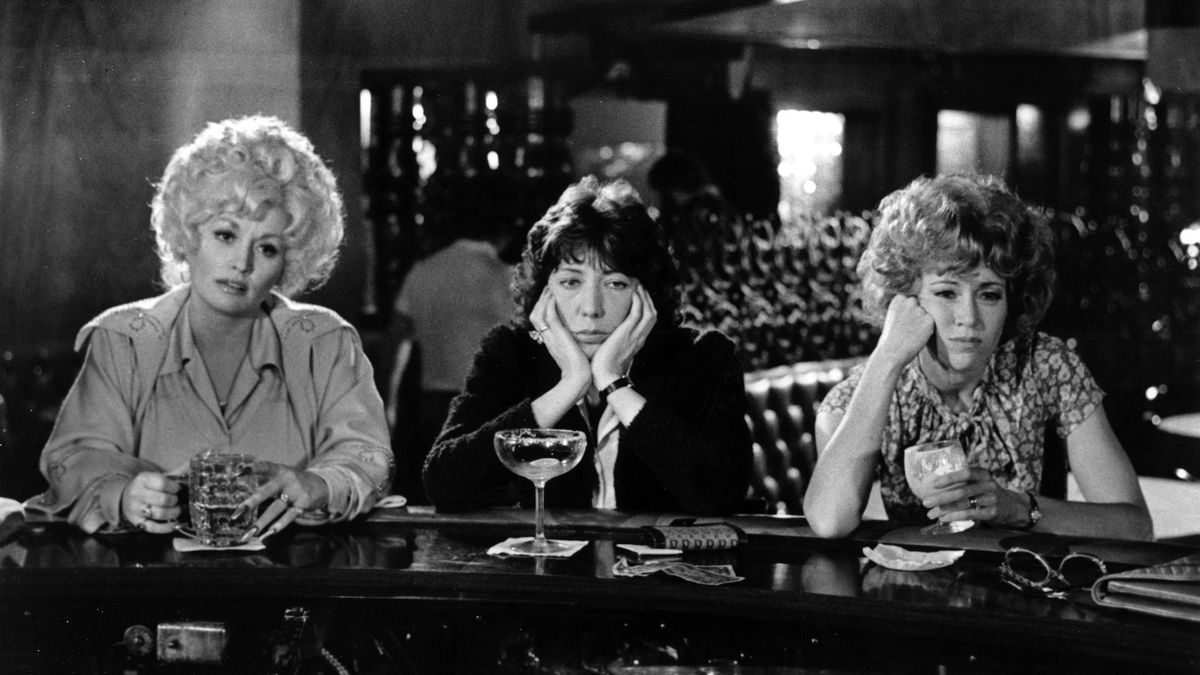ONLY NOISE: Beautiful Losers

Repeat after me: Loser. Double loser. Whatever. Moron. If you were a certain age in the late 1990s, this insult – when paired with the correct hand motions – was the ultimate dis to peers, siblings, and losers of every stripe. The term “loser” in the nineties and early ‘00s was plastered all over the place, from Beck’s breakout hit, to anti-drug PSAs, and that movie starring Jason Biggs’ trapper hat. The identity of the “loser” in music, however, is a far more complex thing than a girl “with her finger and her thumb in the shape of an “L” on her forehead,” as Smash Mouth sang.
The loser is not simply a spinoff of Jay and Silent Bob, or Bill and Ted, or Beavis and Butthead (as you can see, losers often come in pairs). It seems that the loser of song tradition is more akin to a hero than a villain. A flawed bearer of mediocrity and wearer of slouchy clothes, the loser archetype is as quintessential to rock ‘n’ roll as the rambler and the romantic. Some losers are self-proclaimed, like Derrick Harriott as he sang his reggae hit “The Loser,” and Merle Haggard, who released the gorgeous but self-effacing song “I’m a Good Loser” on his 1971 record, Hag. “Yeah I’m a good loser/Born to be that way/This dog, he never had his day,” croons Haggard, no doubt lamenting a long-gone woman.
Though country stars were often self-critical in Haggard’s era, hearing him sing the words, “I’m a good loser” is still jarring to this day. Who could ever think of Merle Haggard, one of the coolest men in the history of country music, as a loser? Only he had the power to slander his name, illuminating the fact that loss plagues all of us – even rich and famous country singers.
In many ways, Haggard was a loser. He certainly didn’t have a winning relationship with cigarettes, drugs, or alcohol, the combination of which contributed to his many years of poor heath, and eventual death in 2016. The Hag was also known to lose in love, and to the law. He was married five times and served two and a half years at San Quentin prison in 1958 for burglary and attempted escape from county jail. Add all that up, and you might not call Merle Haggard a winner – but he sure lost with the best of ‘em.
The desperate nature of a country music persona made the genre natural loser territory. From Hank Williams singing “You Win Again” to Linda Ronstadt’s “Sometimes You Just Can’t Win,” to the real-life rise and fall of Townes Van Zandt – the songs wouldn’t have been as good if everybody was winning all the time. But music’s hopeless manifesto didn’t reside only in blues and country – pop is full of losers, too. Of course there’s “Three Time Loser” by ultimate sexyman Rod Stewart, “Teenage Dirtbag” by Wheatus, “The Winner Takes It All” by ABBA, and countless others. Even The Beatles, the untouchable Fab Four, had a song about being a loser: “I’m A Loser” from 1964’s Beatles For Sale. “I’m a loser/And I lost someone who’s near to me,” sings John Lennon. It’s hard to imagine John, Paul, George or even Ringo identifying as losers while watching them perform this cut to a crowd of shrieking women, but then again, as the song warns, “I’m a Loser/And I’m not what I appear to be.”
Still, The Beatles don’t quite fit the loser archetype. I mean, look at those suits and those haircuts. Even when they got mustachioed and Sgt. Peppered it was hard to see them as anything but rock n’ roll all-stars. Folks like Roy Orbison, on the other hand, had a tougher time making it as a cool kid. “Roy was the coolest, uncool loser you’d ever seen,” Bruce Springsteen said of Orbison in a 2012 keynote address at SXSW. I doubt Orbison would deny such a claim had he been alive to hear it. The dark genius behind masterpieces like “Only The Lonely” and “Crying” knew much of loss and sorrow.
Orbison, aka, “The Big O” went through numerous catastrophes in his lifetime – in fact, there is even a section of his Wikipedia page entitled, “Career decline and tragedies” – and it’s lengthy. Orbison suffered heartbreak, infidelity on the part of his first wife Claudette (yes, that “Claudette”), and a lifetime of mourning. In June of 1966, Orbison and Claudette were riding motorcycles through Gallatin, Tennessee when Claudette struck the door of a pickup truck that had pulled out in front of her. She died instantly. Only two years later while touring England, Orbison received a call relaying that his home in Hendersonville, Tennessee had burned down, leaving his two eldest sons dead. If to be a loser you must suffer great loss, then perhaps Orbison was the biggest loser in rock ‘n’ roll history.
Where Haggard and Oribson’s losses were the stuff of tragic poems, the loser that rolled up in the ‘90s was cut from a different cloth. Take Beck’s “Loser” for instance – the lo-fi hit that put him on the map in 1994. Far more blasé than self-loathing, Beck traipsed through that music video like a shabby bon vivant rather than a hopeless burnout. He owned his loser-dom in secondhand duds and ill-fitting hats. Beck was the loser we’d never seen in music before: mildly defiant, nihilistic, and chic in his refusal to look to the future. Suddenly, the loser wasn’t tragic – it was cool.
But where have all the losers gone? We’ve seen plenty of pop stars in the past decade donning thick-rimmed glasses and identifying as “geek” (which, by the way, is not the same thing as a loser), but where are the deadbeat, worn-down, desperate stars of today? And please do not mention Ed Sheeran – he has a full torso of professional tattoos, and is therefore stripped of any potential loser accolades. Everyone keeps shouting that “the ‘90s are back!” but I don’t see rock ‘n’ roll losers anywhere. Who are kids supposed to look up to these days anyway, Adam Levine? That guy has far too many abs to be a loser. Mainstream music seems to be populated solely by shiny, auto-tuned sex symbols (and Ed Sheeran), and it’s just not enough. We need our poor, our weary, our roughened-up chumps, too. We need our losers. We are lost without them.




